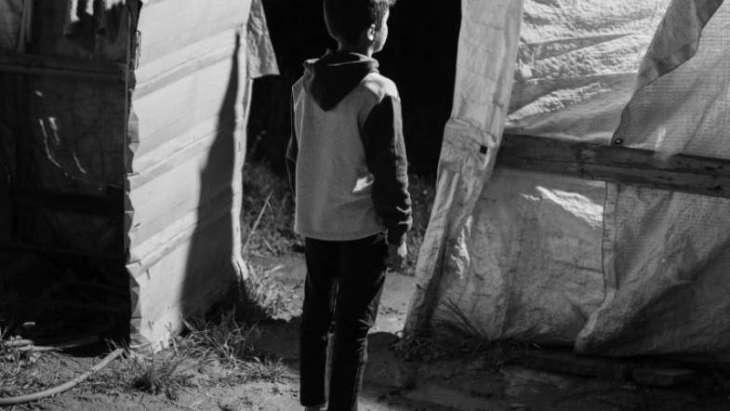Around 2,000 Yezidi children who have returned to their families after being tortured by the Islamic State terrorist group (IS, outlawed in Russia), are now experiencing physical and mental health issues, a prominent international human rights group said on Thursday in its report.
Most of the Yezidis in the Middle East are primarily living in the northern Iraqi provinces, where during the period between 2014-2017, the IS committed war crimes and crimes against humanity, which was considered by the United Nations to be a genocide against the Yezidi community
MOSCOW (Pakistan Point News / Sputnik - 30th July, 2020) Around 2,000 Yezidi children who have returned to their families after being tortured by the Islamic State terrorist group (IS, outlawed in Russia), are now experiencing physical and mental health issues, a prominent international human rights group said on Thursday in its report.
Most of the Yezidis in the middle East are primarily living in the northern Iraqi provinces, where during the period between 2014-2017, the IS committed war crimes and crimes against humanity, which was considered by the United Nations to be a genocide against the Yezidi community.
The report released by Amnesty International explains the wide-ranging challenges that are now experienced by at least 1,992 children after being subjected to abductions, brutal violence and human rights abuses conducted by the IS.
"While the nightmare of their past has receded, hardships remain for these children. After enduring the horrors of war at an extremely young age, they now need urgent support from the national authorities in Iraq and the international community to build their future," Amnesty International Crisis Response Deputy Director Matt Wells said.
Wells stressed that the physical and mental health of the victims, who have returned with diseases, physical impairments, post-traumatic stress, anxiety, depression or other illnesses, should be a priority in the upcoming years, "if they are to fully reintegrate into their families and community."
There are two groups of children - former child soldiers and girls subjected to sexual violence - who are particularly vulnerable to serious health problems and physical disabilities.
The Yezidi boys captured by the IS have experienced intense propaganda, military training, "deliberately intended to erase their former identities, language, and Names," Amnesty International said.
"Of the 14 former child soldiers interviewed, more than half told Amnesty International they had not received any form of support - whether psychosocial, health, financial, or otherwise - after their return," the watchdog said in its report.
Meanwhile, girls, who have survived and returned home, are now suffering from a range of health issues, including difficulty conceiving and carrying a baby to term.
"These women were enslaved, tortured and subjected to sexual violence. They should not suffer any further punishment. They need to be reunited with their children, and any future separations must be prevented. They must be offered the opportunity of international resettlement or relocation together with their children, given the enormous risks they face in Iraq," Wells added.
The child survivors were also deprived of a formal school education after years of being IS hostages. Some experts told the watchdog that school attendance is essential to help those children overcome the obstacles that they are facing now.




